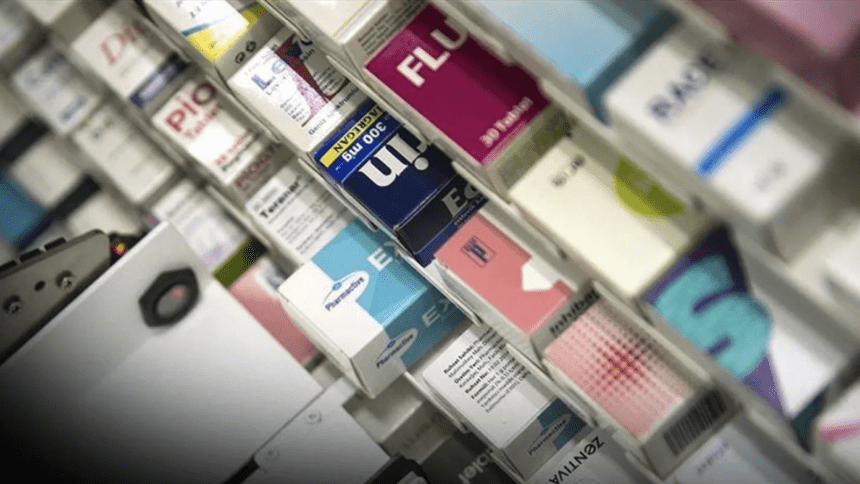Price pressure from the public sector, which is the largest buyer, “parallel trade” and allegations that Turkey sets a “bad example” for some markets are exacerbating the problem of access to medicines.
The low exchange rate-based drug price mechanism has become a health issue with the withdrawal of drugs from the market. In addition to its revenue-reducing effect, pharmaceutical companies are alleged to have withdrawn drugs to prevent the Turkish price from becoming an example for other countries and to prevent parallel exports.
The long-standing price dispute between pharmaceutical companies and the public sector has moved to a new dimension with the suspension of sales of some medicines. The Turkish Pharmacists Association called for a solution to the problem that could lead to “patient victimization”. The root of the problem is said to be the pressure on prices by the public sector, which is almost the sole buyer in Turkey.
According to the monthly data of the SSI, the amount paid for prescriptions reached TRY 142.24 billion in the January-September 2023 period. This amount indicates an increase of 103.4 percent compared to the same period of the previous year. The amount paid for the whole of 2022 was TRY 102 billion. Imported medicines, which account for only 9.6 percent of all medicines sold in Turkey in terms of boxes, account for 45.3 percent of the total amount. For this reason, the government applies a low exchange rate both to keep costs under control and to ensure that medicines are accessible.
2009 exchange rate plus public discount
Pharmaceutical sales prices are determined by selecting the lowest ones among 15 “indirect countries taken into account” in addition to 5 countries in the Eurozone and 9 countries that do not use the Euro. The prices and exchange rate value in 2009 are taken as reference in price determination and updated according to the average exchange rate increase. In addition to the “low exchange rate” and “cheapest country” criteria, additional discounts are provided under the name of “public discount” for medicines paid for within the General Health Insurance System. Sector representatives state that this practice, which was not a problem during the period when the TRY was valuable, negatively affected companies with the depreciation of the TRY. Mainly foreign companies have reached the stage of withdrawing their newly developed medicines from the Turkish market after a long period of attempts, claiming that the pricing of the medicines they imported from abroad is low.
A study prepared by the consultancy New Bridge emphasizes that the low Euro exchange rate used in pricing in Turkey, as well as the compilation of prices from countries that do not use the Euro, causes problems. According to the report, importers from these countries are at a disadvantage when the local currency value increases and at an advantage when it decreases, leading to income fluctuations.
Turkey is a ‘bad example’
Foreign pharmaceutical companies claim that the Turkish practice has caused two other significant negative effects in addition to its revenue-reducing impact: The first is that other countries have started to use Turkey as a reference for price calculations. In order to prevent a drop in prices in those countries, pharmaceutical companies withdraw the drug from the market, thus preventing the formation of a “Turkish price”.
Another problem is “parallel exports” from Turkey. Experts emphasize that due to the price margin, drugs that are sometimes even collected at retail in Turkey are exported to other countries.









